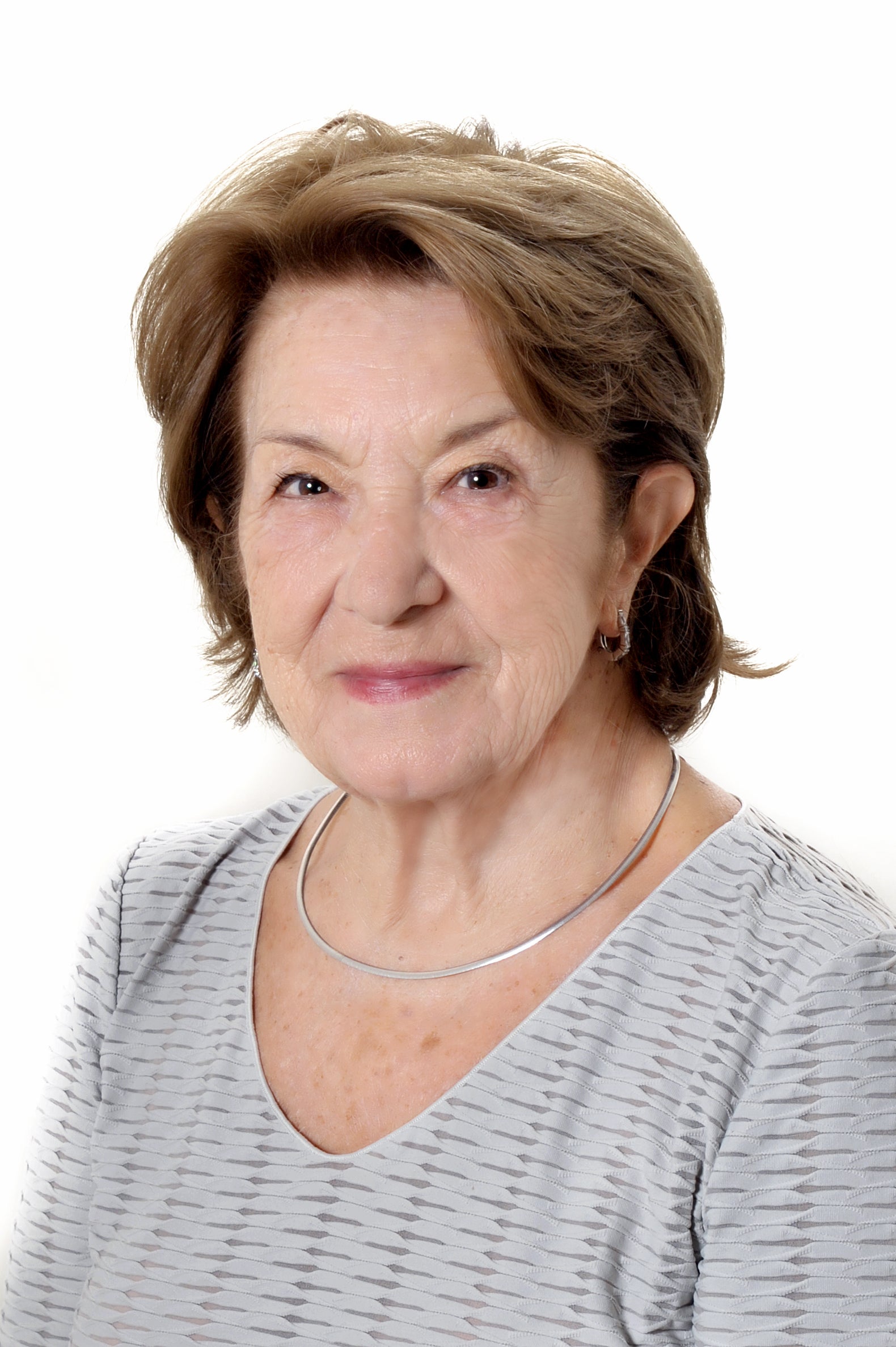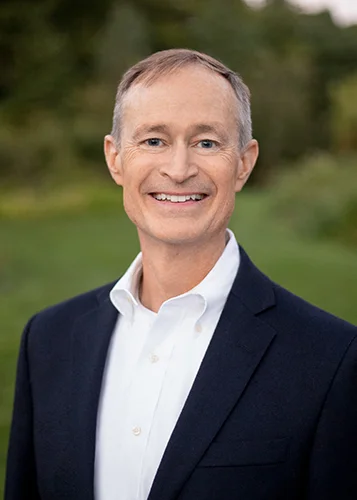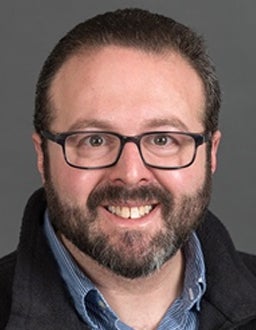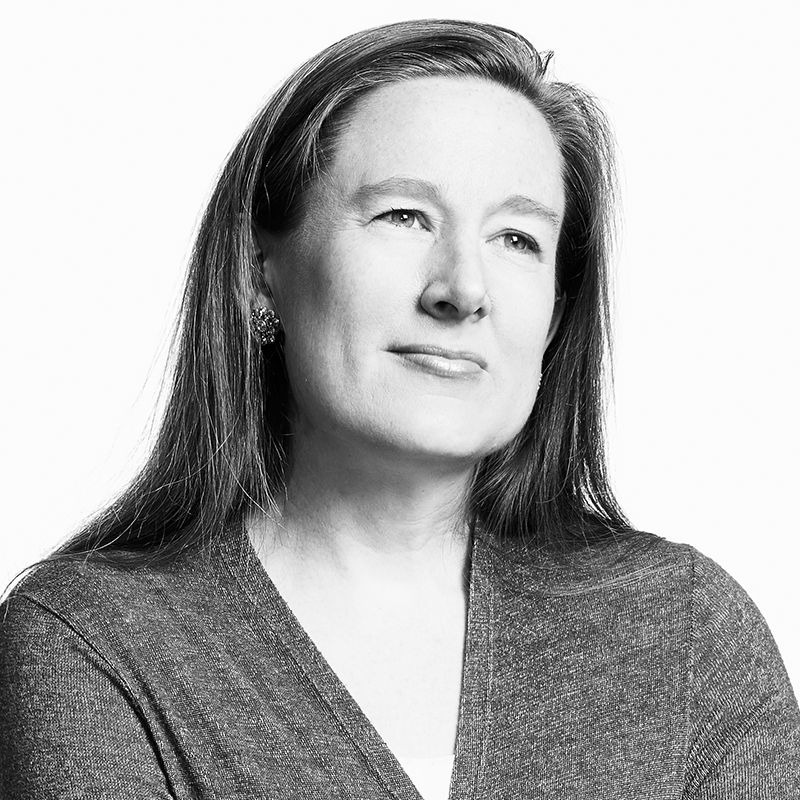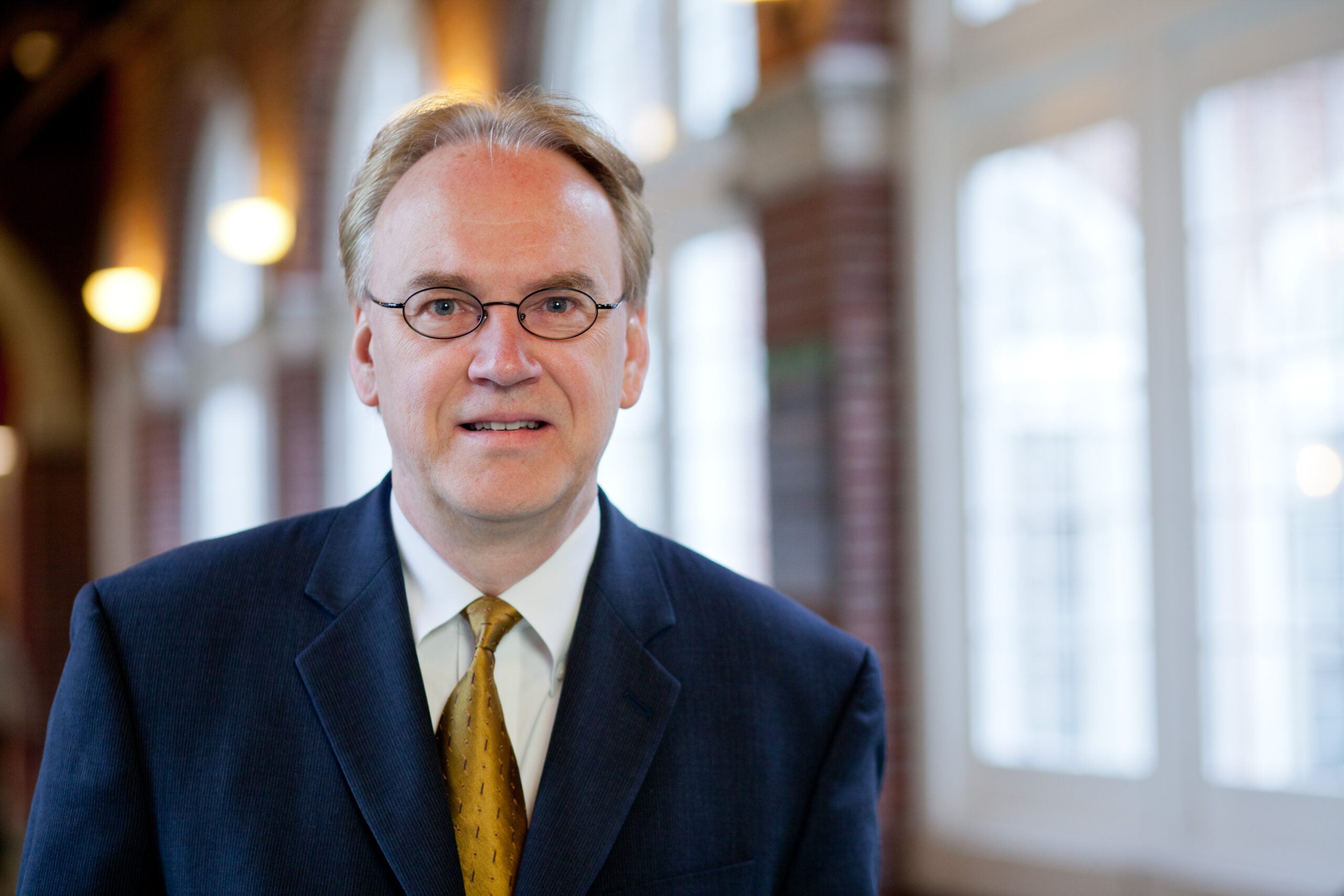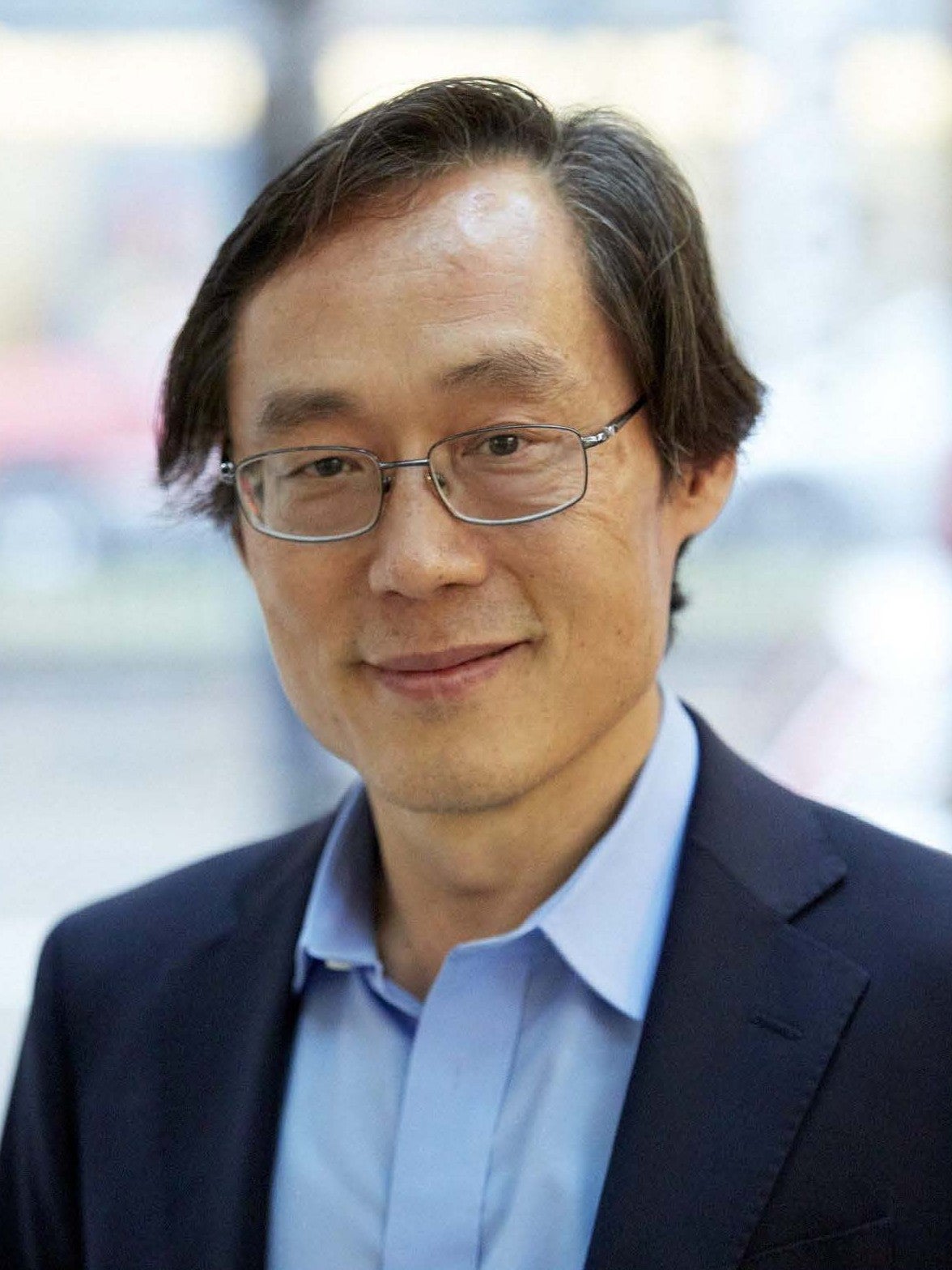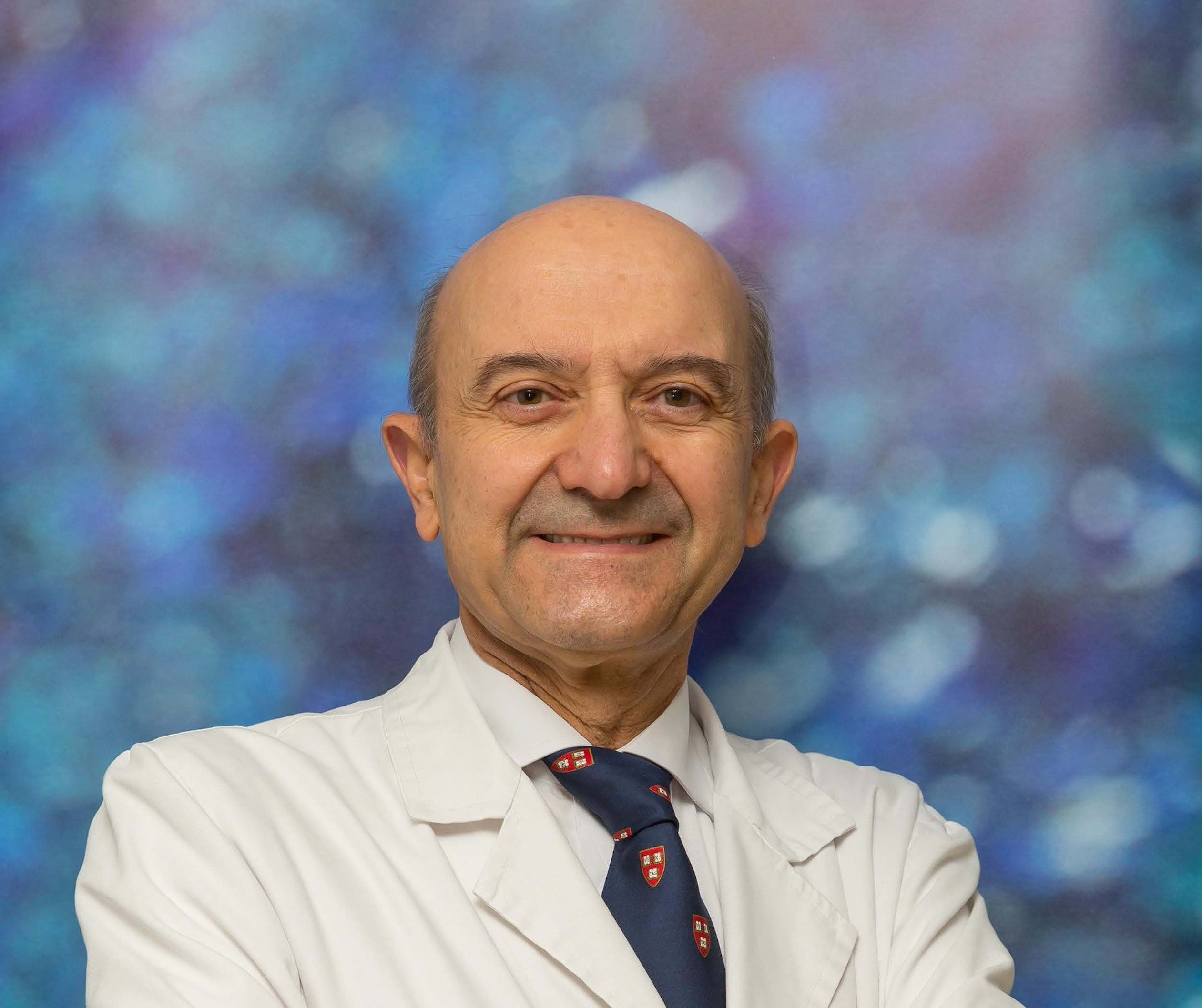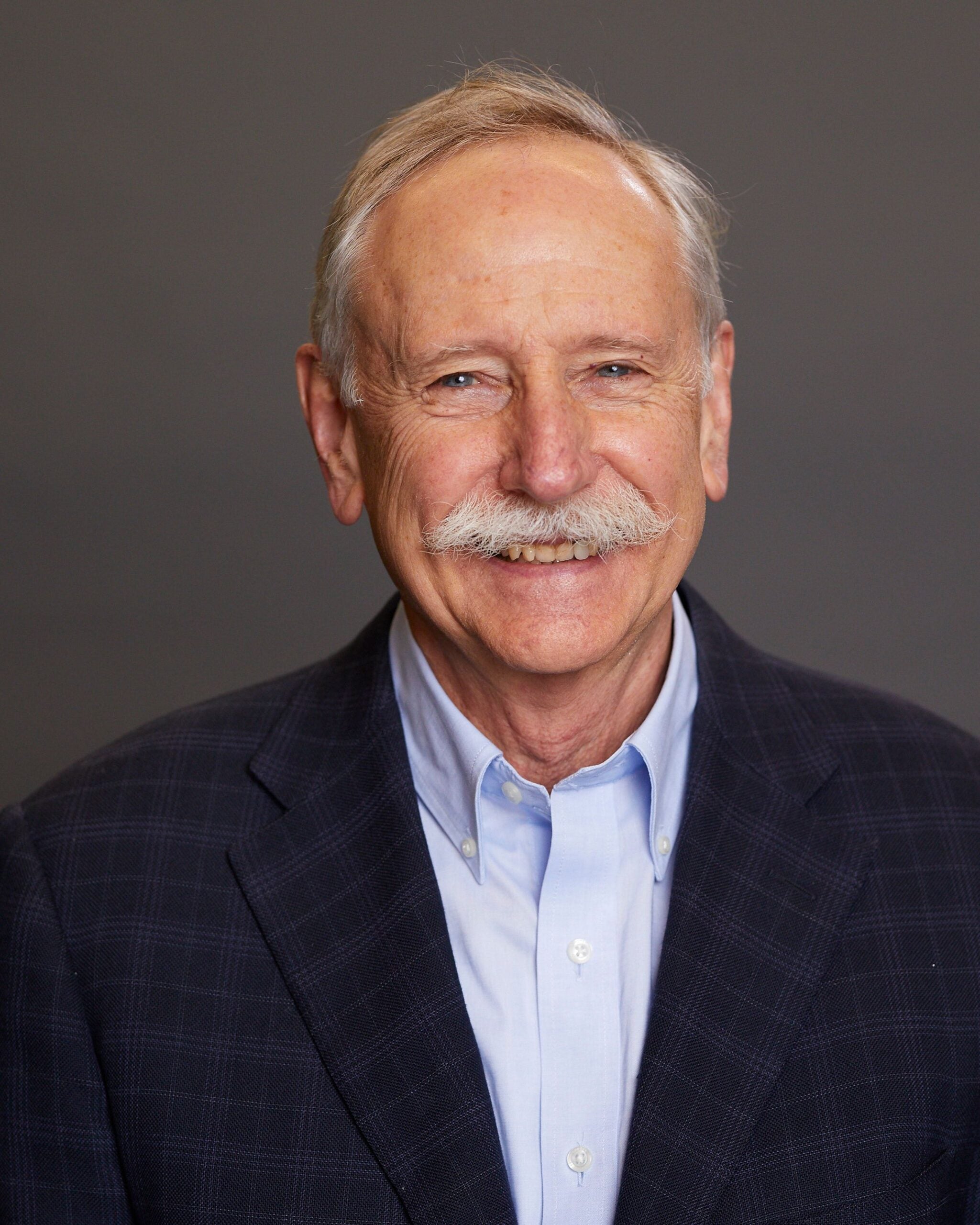Conflict, Feedback, and Negotiation in Health Care

Join us for a webinar on the Conflict, Feedback, and Negotiation in Health Care program, offered by Harvard Chan School Executive and Continuing Education.
Program Director Ted Witherell will share how this program helps health care leaders build confidence and skill in managing conflict, providing feedback, and navigating complex negotiations.
If you’re looking to strengthen your leadership and communication skills to handle challenging conversations more effectively, this webinar is a great opportunity to see how the program can support your goals.
Speaker Information
Organizers
CHDS Seminar With Kayoko Shioda of Boston University
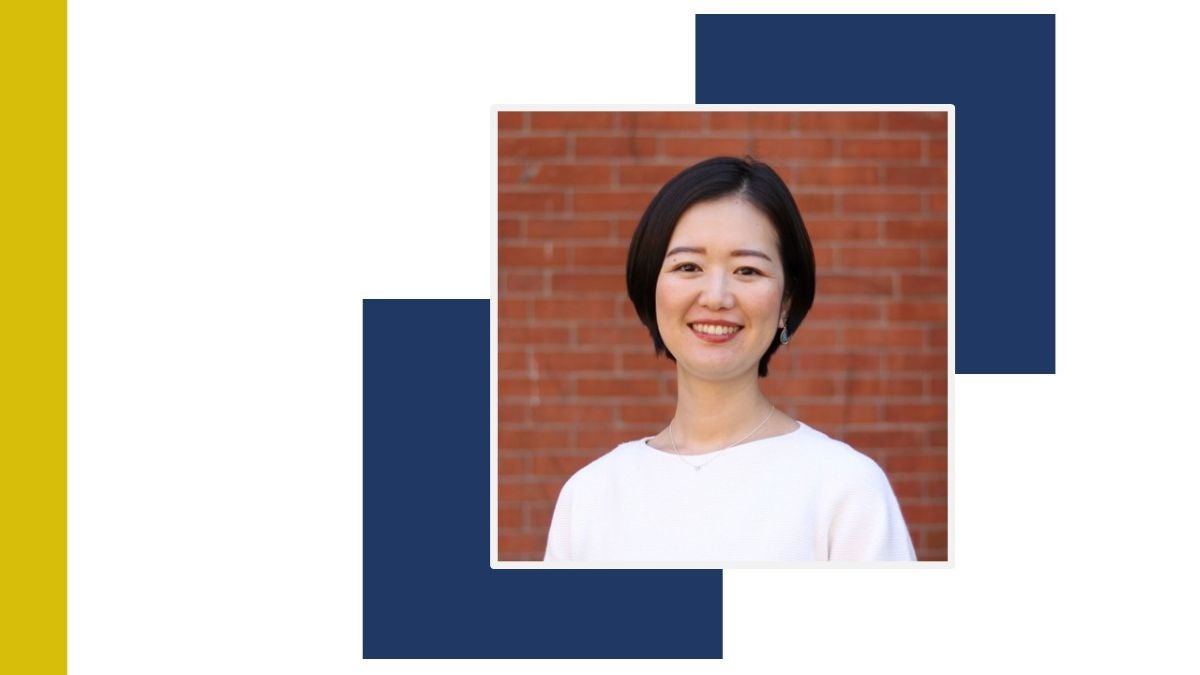
Join the Center for Health Decision Science for a seminar with Kayoko Shioda of Boston University, “Target Trial Emulation for Vaccine Dosing Schedule Evaluation.” Target trial emulation (TTE) is a causal inference framework that uses observational data to emulate a randomized trial. It has become a valuable tool for evaluating treatments and health interventions when randomized trials are not feasible. However, applying TTE to infectious diseases requires caution due to transmission-related interference. In this talk, Dr. Shioda will illustrate how TTE can identify optimal vaccine dosing schedules, including for COVID-19, and discuss current methodological limitations and possible solutions.
Dr. Shioda is an infectious disease epidemiologist and veterinarian focusing on two research areas: (1) One Health and climate change, and (2) vaccine epidemiology. For vaccine epidemiology, she aims to inform vaccine policy by developing novel analytic methods for intervention evaluation, especially in resource-limited settings where public health data often have various challenges that make it difficult to draw reliable conclusions. She has collaborated with partners across local, national, and international organizations in more than 30 countries worldwide.PhD, DVM, MPH
Speaker Information
Kayoko Shioda, PhD, DVM, MPH
Organizers
Social Connection and Health Across Adulthood and Later Life

Please join us for an SBS seminar session led by Visiting Professor, Dr. Anthony Ong, as he discusses the importance of social connection, a central determinant of health across the life course. This talk synthesizes evidence on age-related patterns in loneliness and social isolation, the ways pandemic conditions disrupted connection, and why mismatches between objective isolation and subjective loneliness (social asymmetry) carry distinct health risks. Comments on the construct of cumulative social advantage—a multidimensional profile of sustained connections across family, community, religious/civic, and emotional domains—will be made, showing that stronger profiles are associated with slower biological aging and a lower inflammatory burden.
Speaker Information
Anthony Ong
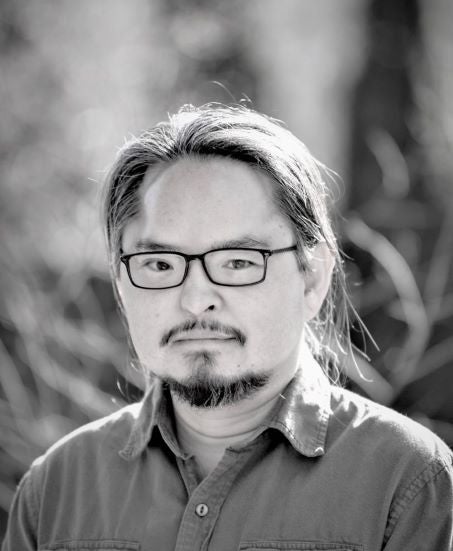
Organizers
Brown Bag Seminar: Can remote personalized digital counseling improve postpartum contraceptive use?
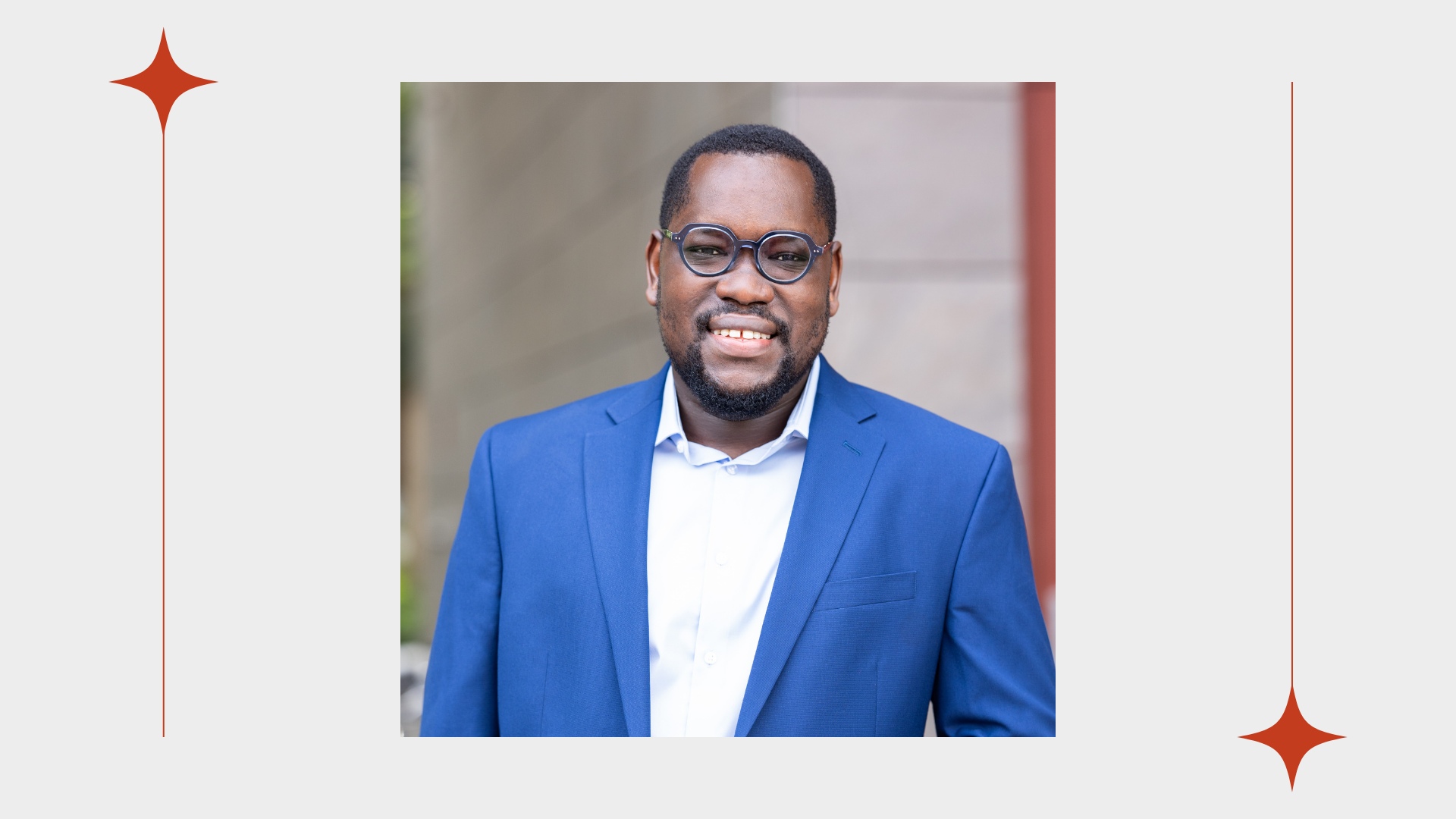
Ibou Dieye is a PhD candidate in health policy (economics track) at Harvard University. His research lies at the intersection of health economics, public policy, and behavioral economics. He uses experimental and quasi-experimental methods to study how government financing reforms and emerging digital tools can improve access to and quality of health care in developing countries. He is also interested in how factors outside the health sector shape health outcomes. Before starting his PhD, he studied Applied Mathematics and Economics at Macalester College and worked at Analysis Group as an analyst and data scientist specializing in health economics and outcomes research (HEOR).
Speaker Information
Organizers

Presented jointly with the American Repertory Theater at Harvard University
Inspired by the world premiere musical, Wonder, performing December 9th through February 8th at the American Repertory Theater (A.R.T.), this panel discussion explores the power of empathy and kindness in the face of bullying. Drawing on Wonder’s story of Auggie Pullman—a young boy with a facial difference navigating a new school—the conversation will examine the challenges of social belonging and the importance of creating inclusive environments where differences are celebrated. This event will feature a sharing of a song from the musical composed by Ian Axel and Chad King, the GRAMMY Award-winning duo behind A Great Big World.
Register for free to submit your questions.
An on-demand video will be posted after the event.
Speakers
Moderator
About The Studio
Monday Nutrition Seminar | Intermittent Fasting and Diet Quality in Cardiometabolic Health and Aging
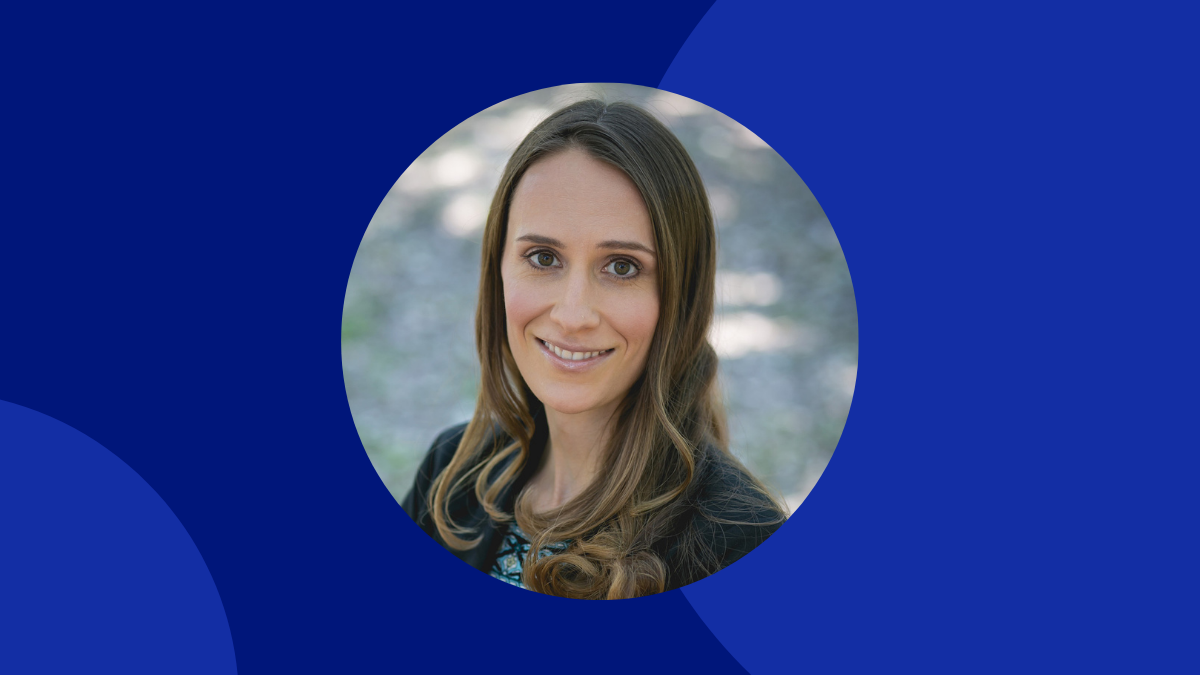
Please join the Department of Nutrition for the Monday Nutrition Seminar featuring Courtney M. Peterson, PhD, MSc, MS, MA, Associate Professor at the Department of Nutrition, Secondary Faculty at the Department of Molecular Metabolism, Director of Harvard-Chan Research Kitchen at the Harvard T.H. Chan School of Public Health. Dr. Peterson will present her talk on ” Intermittent Fasting and Diet Quality in Cardiometabolic Health and Aging” on November 17, 2025 at 1:00pm ET. This seminar will take place in FXB G-13 and via Zoom (registration is required).
The Monday Nutrition Seminar Series is free and open to the public. If you plan to attend this event and do not have an active HUID, please fill out the registration form by 3:00 p.m. Friday, November 14 to request a visitor pass to access the building.
Seminar speakers share their perspectives, they do not speak for Harvard.
Speaker Information
Courtney M. Peterson, PhD, MSc, MS, MA
Organizers

As foreign aid landscapes shift, we’ll explore whether smarter, more strategic collaboration—rather than simply more funding—is the key to sustainable, resilient healthcare in Africa. Lia Tadesse Gebremedhin, former Minister of Health (Ethiopia), and Rosine Sori-Coulibaly, former Minister of Economy, Finance and Development (Burkina Faso), will discuss how integrated national planning, efficient donor alignment, and strengthened governance can create health sovereignty.
Speaker Information
Rosine Sori-Coulibaly
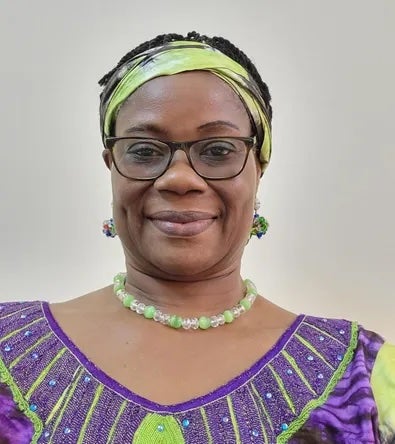
Moderator
Fatou Jallow
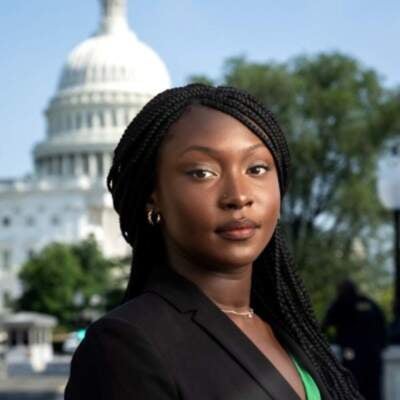
Health Benefits of Fighting Dragons
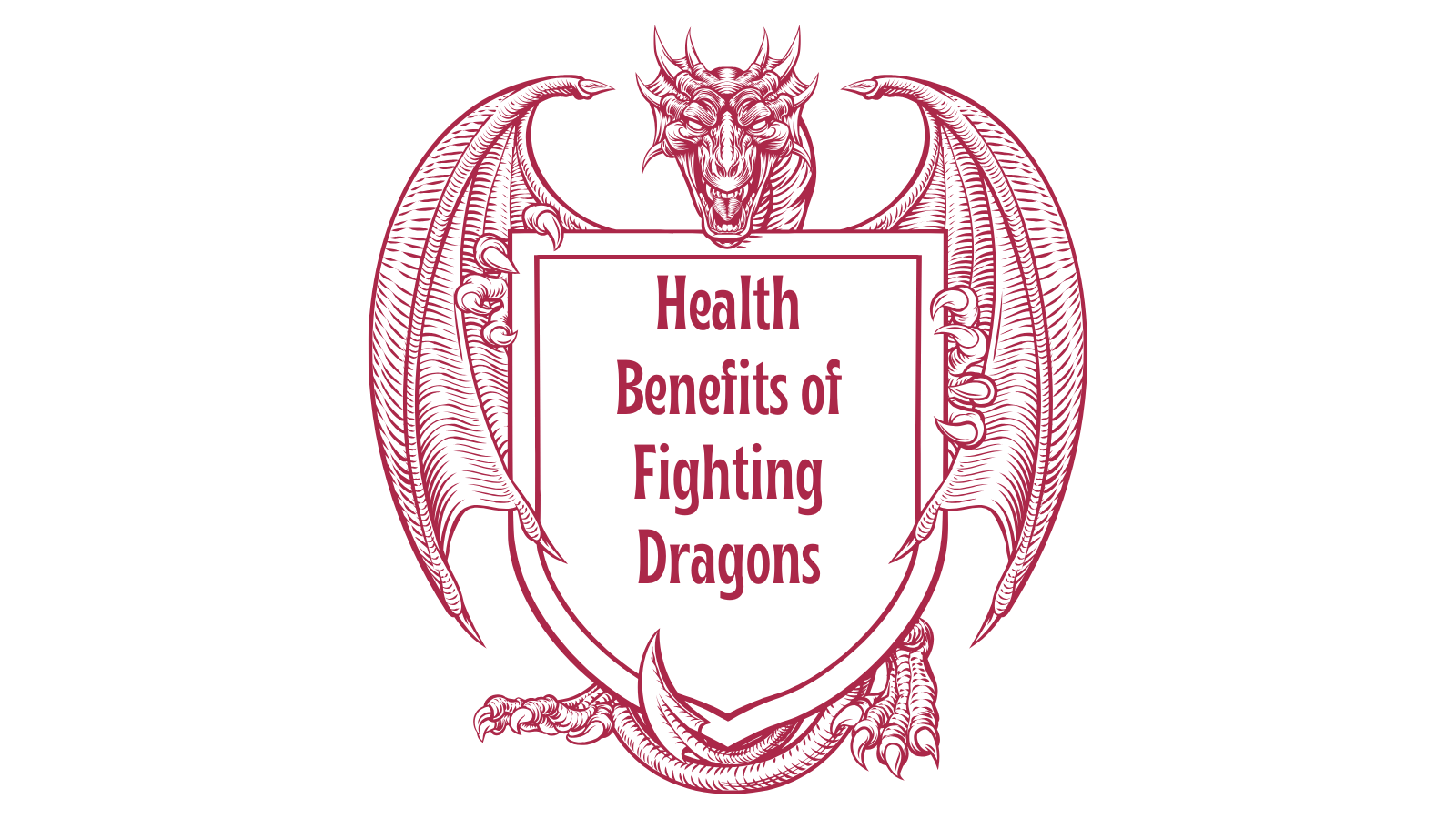
On Wednesday, February 4th, 2026, from 1-1:50 p.m. in Kresge 202A, join us for a well-being workshop led by Center Student Engagement Committee member Anya Greenberg, SM ’26. Explore how tabletop role-playing games like Dungeons & Dragons can boost well-being, confidence, and social connection.
Lunch provided. Attendance open to Harvard-ID holders.
Speaker Information
Anya Greenberg

Organizers
Navigating a critical moment for public health education and research
We invite you to a faculty panel discussion exploring the current landscape and future of public health research and education. Department Chair Sarah Fortune will discuss how IID is navigating this pivotal moment, setting priorities, and looking ahead. Yonatan Grad will share insights on emerging research opportunities, while Flaminia Catteruccia will address the critical intersection of graduate education and international research. The panel will be moderated by Bailey Bowcutt, a PhD student in the Biological Sciences in Public Health Program, who will offer her perspective on building a scientific career during these uncertain times.
This 45-minute Zoom session includes 30 minutes of conversation followed by 15 minutes for your questions. Whether you’re an alumnus or friend of the department or School, we hope you’ll join us to learn about the exciting research underway in IID and the challenges and opportunities that lie ahead.
All speakers will share their own perspectives; they do not speak for Harvard.
Speaker Information
Sarah Fortune
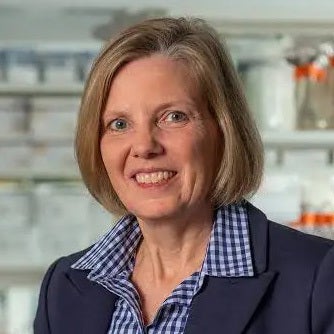
Yonatan Grad
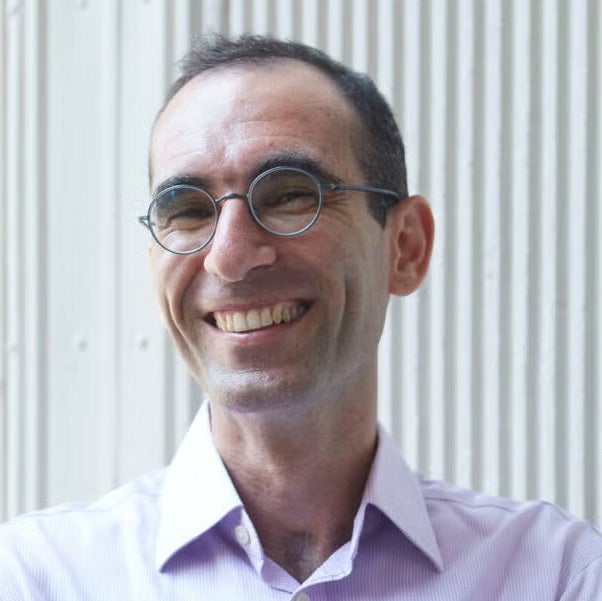
Flaminia Catteruccia
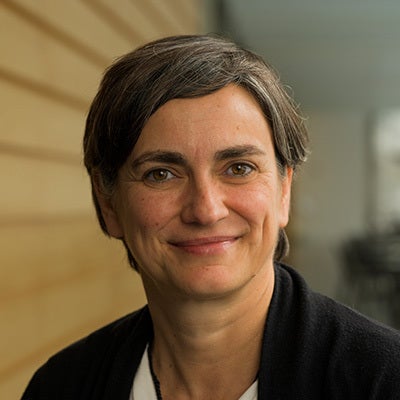
Moderator
Bailey Bowcutt

Organizers
Three decades of the Mediterranean diet pyramid: A brief review of its history, evolution, and scientific advances

Please join the Department of Nutrition for the Monday Nutrition Seminar featuring Greg Drescher; Frank Hu, MD, MPH, PhD; Miguel A. Martínez-González, MD, PhD; Antonia Trichopoulou, MD, PhD; and Walter C. Willett, MD, DrPH. The speakers will present on “Three decades of the Mediterranean diet pyramid: A brief review of its history, evolution, and scientific advances” on November 10, 2025 at 1:00pm ET.
This seminar will take place in FXB G-13 and via Zoom (registration is required).
The Monday Nutrition Seminar Series is free and open to the public. If you plan to attend this event and do not have an active HUID, please fill out the registration form by 3:00 p.m. ET on the Friday before the seminar to request a visitor pass to access the building.
Speaker Information
Antonia Trichopoulou, MD, PhD
